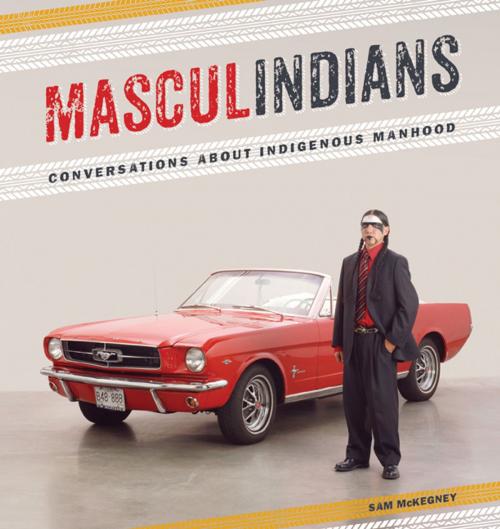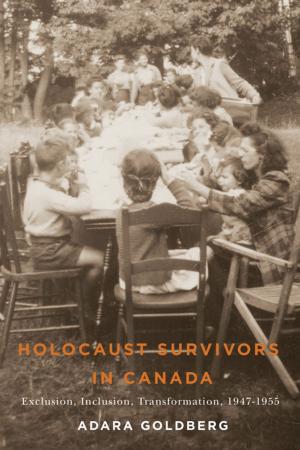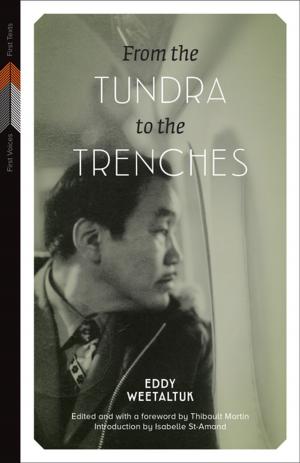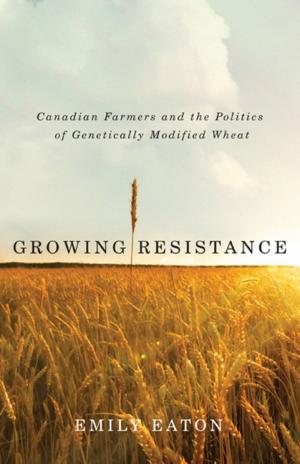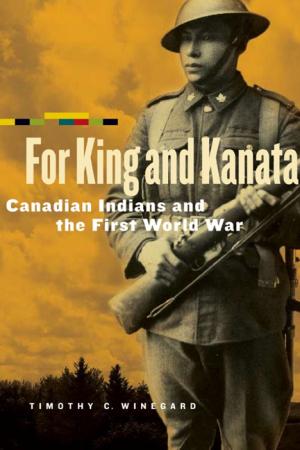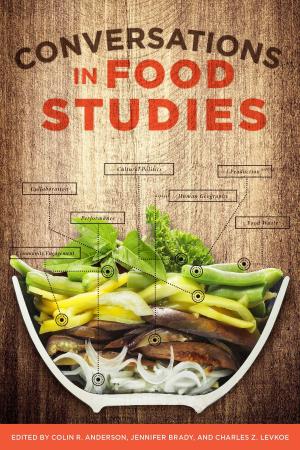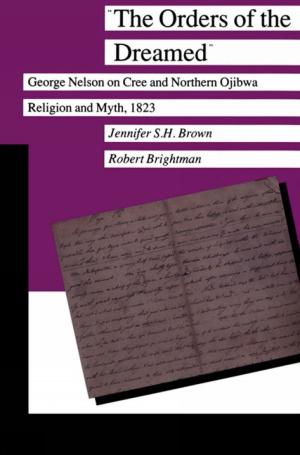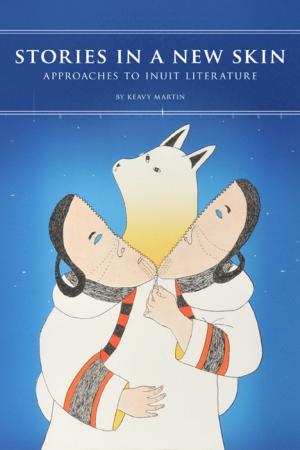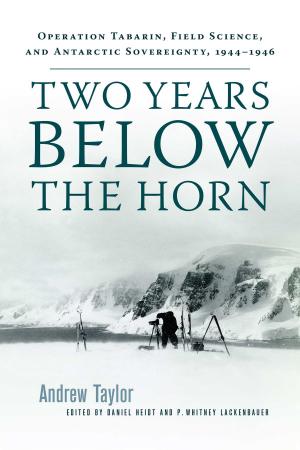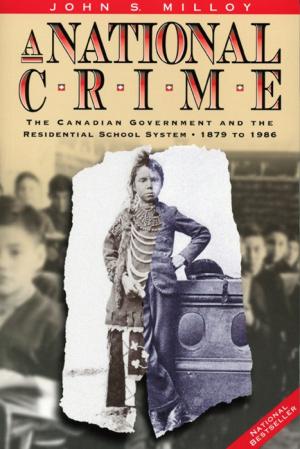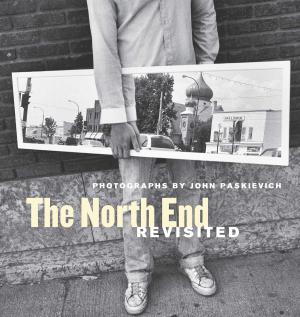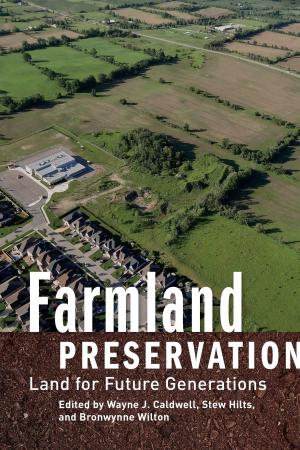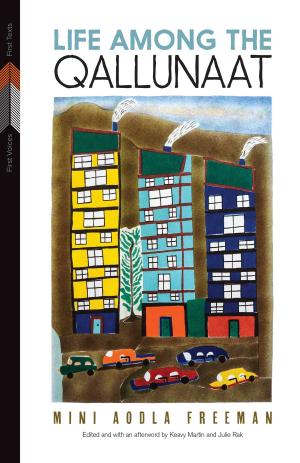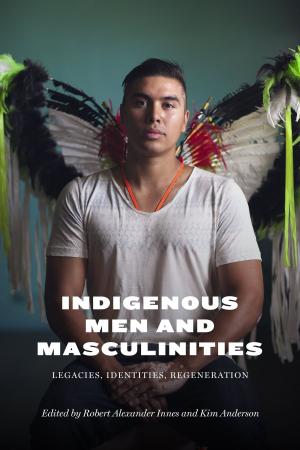Masculindians
Conversations about Indigenous Manhood
Nonfiction, Social & Cultural Studies, Social Science, Gender Studies, Men&, Cultural Studies, Native American Studies| Author: | Joseph Boyden, Tomson Highway, Lee Maracle, Niigaanwewidam James Sinclair, Basil H. Johnston, Dana Claxton, Daniel David Moses, Louise Bernice Halfe, Taiaiake Alfred, Janice C. Hill, Kim Anderson, Thomas Kimeksun Thrasher, Brendan Hokowhitu, Ty P. Kawika Tengan, Warren Cariou, Alison Calder, Daniel Heath Justice, Adrian Stimson, Terrance Houle, Kateri Akiwenzie-Damm, Richard van Camp, Joanne Arnott, Neal McLeod, Gregory Scofield | ISBN: | 9780887554421 |
| Publisher: | University of Manitoba Press | Publication: | February 7, 2014 |
| Imprint: | University of Manitoba Press | Language: | English |
| Author: | Joseph Boyden, Tomson Highway, Lee Maracle, Niigaanwewidam James Sinclair, Basil H. Johnston, Dana Claxton, Daniel David Moses, Louise Bernice Halfe, Taiaiake Alfred, Janice C. Hill, Kim Anderson, Thomas Kimeksun Thrasher, Brendan Hokowhitu, Ty P. Kawika Tengan, Warren Cariou, Alison Calder, Daniel Heath Justice, Adrian Stimson, Terrance Houle, Kateri Akiwenzie-Damm, Richard van Camp, Joanne Arnott, Neal McLeod, Gregory Scofield |
| ISBN: | 9780887554421 |
| Publisher: | University of Manitoba Press |
| Publication: | February 7, 2014 |
| Imprint: | University of Manitoba Press |
| Language: | English |
What does it mean to be an Indigenous man today? Between October 2010 and May 2013, Sam McKegney conducted interviews with leading Indigenous artists, critics, activists, and elders on the subject of Indigenous manhood. In offices, kitchens, and coffee shops, and once in a car driving down the 401, McKegney and his participants tackled crucial questions about masculine self-worth and how to foster balanced and empowered gender relations. Masculindians captures twenty of these conversations in a volume that is intensely personal, yet speaks across generations, geography, and gender boundaries. As varied as their speakers, the discussions range from culture, history, and world view to gender theory, artistic representations, and activist interventions. They speak of possibility and strength, of beauty and vulnerability. They speak of sensuality, eroticism, and warriorhood, and of the corrosive influence of shame, racism, and violence. Firmly grounding Indigenous continuance in sacred landscapes, interpersonal reciprocity, and relations with other-than-human kin, these conversations honour and embolden the generative potential of healthy Indigenous masculinities.
What does it mean to be an Indigenous man today? Between October 2010 and May 2013, Sam McKegney conducted interviews with leading Indigenous artists, critics, activists, and elders on the subject of Indigenous manhood. In offices, kitchens, and coffee shops, and once in a car driving down the 401, McKegney and his participants tackled crucial questions about masculine self-worth and how to foster balanced and empowered gender relations. Masculindians captures twenty of these conversations in a volume that is intensely personal, yet speaks across generations, geography, and gender boundaries. As varied as their speakers, the discussions range from culture, history, and world view to gender theory, artistic representations, and activist interventions. They speak of possibility and strength, of beauty and vulnerability. They speak of sensuality, eroticism, and warriorhood, and of the corrosive influence of shame, racism, and violence. Firmly grounding Indigenous continuance in sacred landscapes, interpersonal reciprocity, and relations with other-than-human kin, these conversations honour and embolden the generative potential of healthy Indigenous masculinities.
